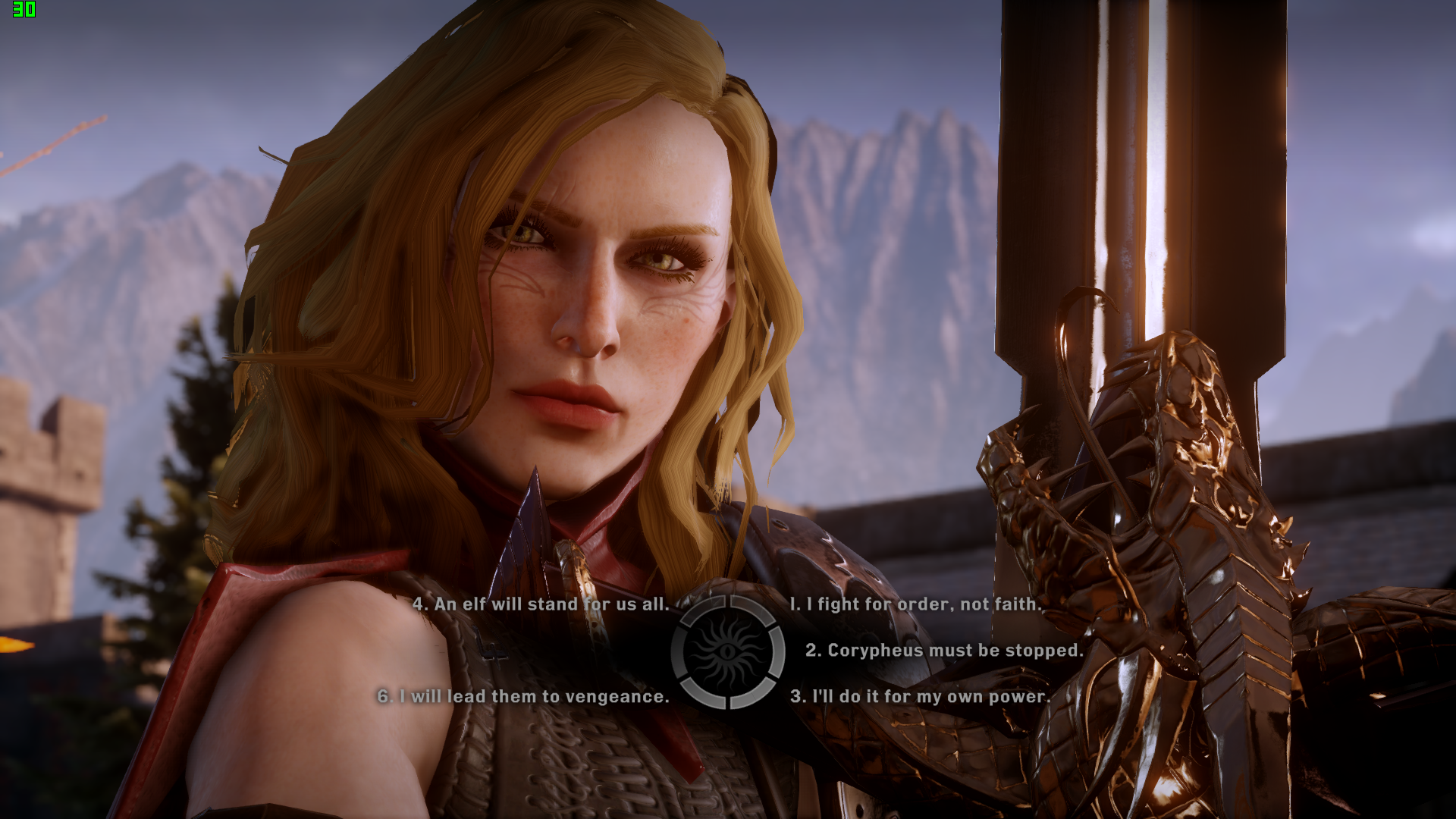People often praise moral systems in video games as great ways to get lost in the game: they let you make choices that change the tale and the characters. Dragon Age, Mass Effect, and The Witcher all promise freedom. Kill or spare, love or hate, betray or stay faithful. But the question still lingers: do these decisions really matter, or are they just illusions that look like consequences?
These systems are essentially an illusion of agency: they simulate moral choice by imitating the complexity of real life while staying within set limits. The player has a choice of paths, but the creator has already planned out each one. To choose is to walk on a route that someone else made. The cage is invisible, but the freedom feels genuine.
Think about the paragon/renegade split in Mass Effect. The scale is binary, which means that it has a lot of effects. If the player wants to access the best dialogue or endings, they need to stay aligned. Here, morality turns into optimization, which is more like an RPG’s math than an existential reckoning. Dragon Age makes this harder by adding approval meters and companions whose confidence can be gained or lost. Still, the story’s main arc rarely goes off the tracks; the Breach will close and Corypheus will fall. You can choose the color of the route, but not the destination.
The illusion is still strong. The Witcher 3 is all about uncertainty, with choices that seem small yet have tremendous effects hours later. It looks easy to save a cursed spirit or kill it right away, but then the village burns down, a child dies, or nothing occurs at all. The brilliance here is not in being free, but in not knowing what will happen. Geralt’s decisions are seldom unambiguous or heroic. The player realizes that morality isn’t about “winning,” but about dealing with uncertainty.
So, back to the question: can pretending to be moral affect how we think about ethics in the real world? Maybe. Games are like a mirror, but not a very clear one. They let players try out being harsh, kind, selfish, or giving up without worrying about what may happen in real life. The pain is fake when a friend storms out or a community is lost due to indecision, but it still leaves a mark. For some, it might even make them think: “Why did I choose this?” What part of me wanted that to happen?
But it’s dangerous to think that the mirror is the world. Game morality is made easier, more fun, and more selective. It could teach players to think that all decisions have clear outcomes and that all repercussions can be linked back to one action. Life in the real world is complex, and it doesn’t always have a clear ending or cause. So, the key is not to think of these systems as actual ethics, but to see them as a way to practice philosophy.
In the end, the weight of choice in a world without consequences is strange. It matters and doesn’t matter. It can’t change what happens in real life, but it can make the person who plays think, feel, and empathize. Maybe that’s the real victory: not in changing the game’s environment, but in changing the player who leaves it.




Phlwin Login & Register: Download the Phlwin App for Premium Casino Slots & Online Gaming in the Philippines. Join Phlwin! Secure your phlwin login or phlwin register for premium phlwin slots. Get the phlwin app download for the best phlwin casino login in the Philippines. visit: phlwin
Jilino1 Casino Philippines: Top Online Slots, Easy Register, Secure Jilino1 Login & Official App Download. Join Jilino1 Casino Philippines for top Jilino1 slot games. Enjoy a fast Jilino1 register, secure Jilino1 login, and the official Jilino1 download. Play and win today! visit: jilino1
yg777 Login & Register: Best Philippines Slot Online, Casino Games & App Download Secure your yg777 login or register today for the best Philippines slot online and yg777 casino games. Fast yg777 app download for big wins and elite gaming on the go! visit: yg777
WinPH Online Casino Philippines: Easy WinPH Login, Register & App Download for Top Slots & Games. Join WinPH Online Casino Philippines for the ultimate gaming experience. Enjoy easy WinPH login, quick WinPH register, and fast WinPH app download to play top WinPH slots and casino games. Start winning big today at the most trusted WinPH online casino in the PH! visit: winph
NicePH Online Casino: Your Premier PH Destination for Slot Games. Register, Login, and Get the NicePH App Download Today for the Ultimate Gaming Experience! Experience the ultimate thrill at NicePH Online Casino, the premier PH destination for top niceph slot games. Complete your niceph register and login to start winning today. Get the niceph app download for a seamless mobile gaming experience anytime, anywhere! visit: niceph